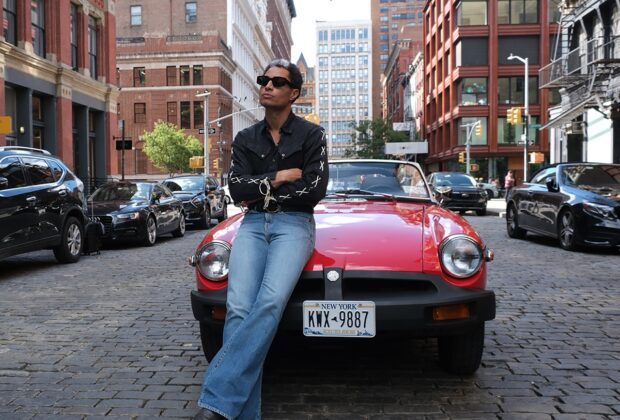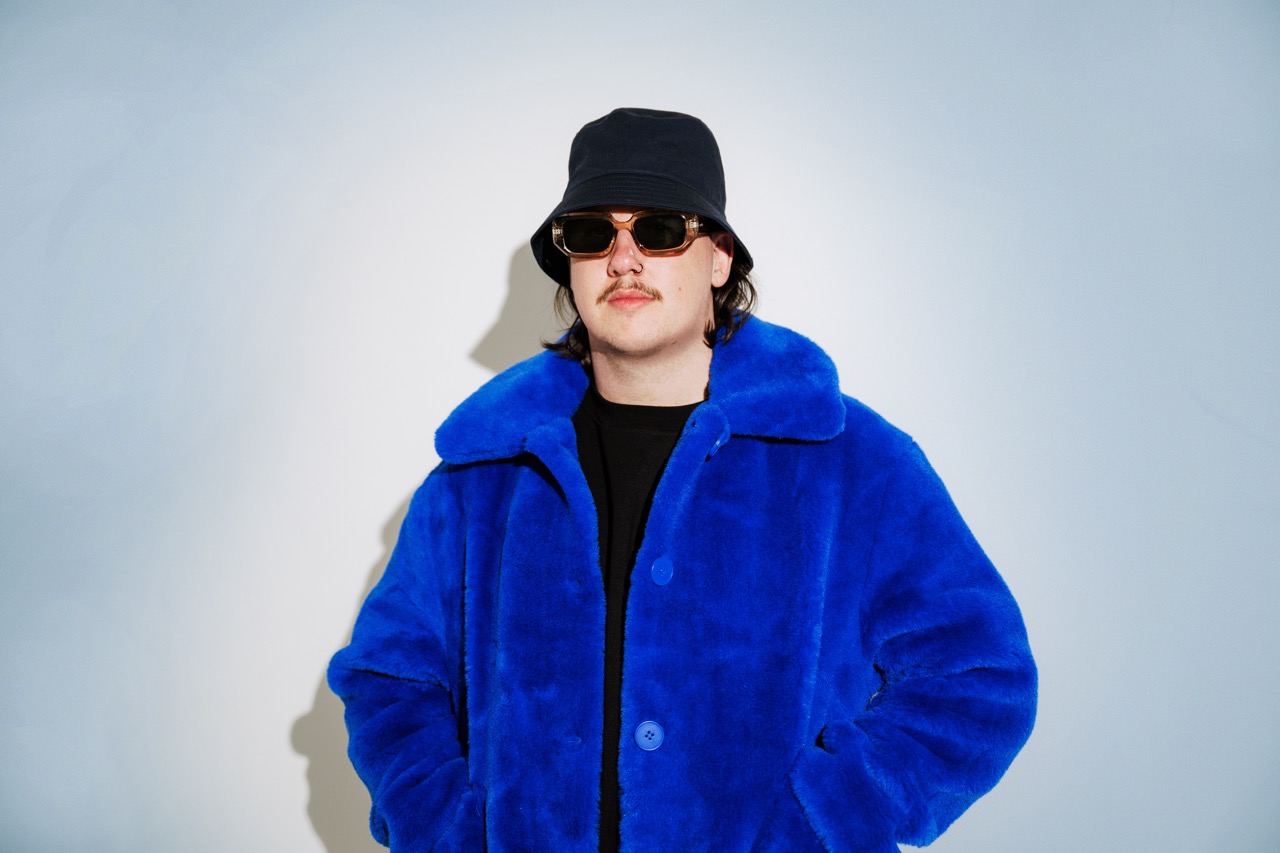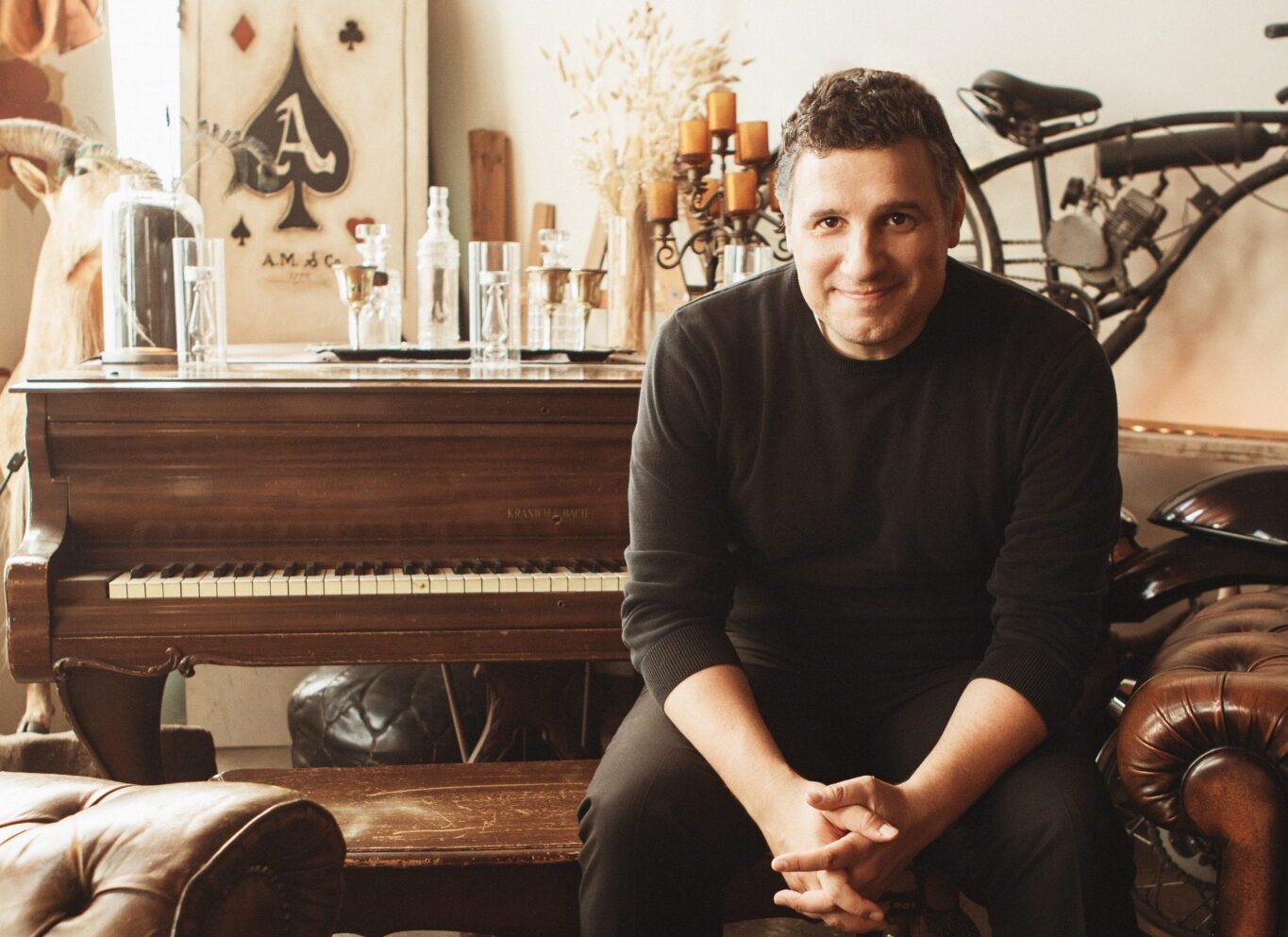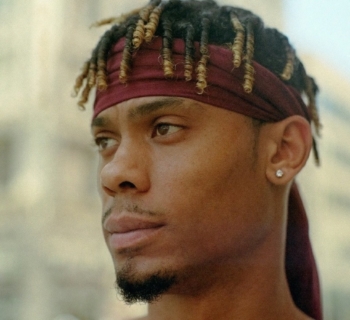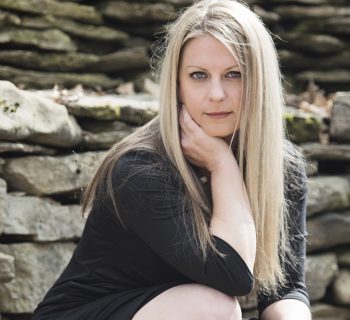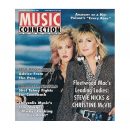Era Blender
Born in Minneapolis and launching into music through hip-hop, genre and era-blurring jazz artist José James cultivated his sonic chops from a young age, inspired by samples in his favorite music. “Buying cassettes, records, reading liner notes, that's how I discovered this whole other world," says James. "I remember looking at A Tribe Called Quest record, and a sample of Roy Ayres. I realized the producers and rappers I love know this vast catalog of jazz, soul, R&B, and funk. I wanted to be like them, so I started collecting records.”
Working with legends Chico Hamilton, McCoy Tyner, Christian McBride, Flying Lotus, and Robert Glasper, James is clear on the credit for his musicology. His mom’s vinyl collection included classical, funk (Ohio Players), folk (Baez, Dylan, Crosby, Stills & Nash), and jazz (Billie Holiday), the radio was always on, and they frequented live shows. James’ dad was a saxophone player and Latin percussionist who inspired his love for the classics, including Herbie Hancock. “Dad grew up in Panama City [and] played in bands around the world,” says James. “That seed was planted deep: music can be a passport to the world.”
Joining avant-garde band Ancestor Energy at 17, James still considers bandleader/performance poet Louis Alemayehu a mentor. Jazz players Douglas Hubert, Kerry Thomas (both AACM members), and Donald Washington were members. “I thought I was cool because I knew Coltrane. He was just the beginning,” admits James. “I had never heard of Albert Eiler, Henry Threadgill, or any deeply Black, post-Coltrane stuff. [It] doesn't get taught in school, a part of Black History that is under-acknowledged.” With a focus on finding a voice as a writer, James says the band, “aligned with the philosophy of having your own voice and not taking anything too seriously.”
Today’s kids are doing what James wanted to do: multi-hyphenates exploring modeling, singing, rapping, acting. James’ dynamic creative process is more like an evolution. “It’s what you're into at that moment. You exhaust that field, and then you move on. It evolves, but everything leads you to the next space,” he says. “To me, music [is] an encapsulation of human emotion in a purposeful, three to five-minute way. That's what makes music unique among all the other art forms.”
James’ passion for ‘70s sound was sparked by Pino Palladino. “Pino spoiled me forever,” reveals James. “He's one of the greatest electric bass players in the world. He's also the kindest person.” James was between labels. “Make It Right” was their 15-minute co-write. Palladino told James it was going to be a great album, to which James replied that there is no album. Palladino repeated himself four times, adding that he will play on said album. “I was in shock,” says James, “That moment has stayed with me. I try to employ visualization and pure positive energy with younger generation[s] because you really have to see it. Have people around you that believe in you. It's a myth as an artist that you're always going to believe in yourself.”
No Beginning, No End II (2020) and 1978 (2024) followed on James’ own label, Rainbow Blonde, which clarified how drained he had been by the pressure for sales targets and social relevance.
Out this month, 1978: Revenge of The Dragon was recorded in one take, combining jazz, soul, and funk. Concludes James, “All of the greats in jazz, whether it’s Billie Holiday, Duke Ellington, Charlie Parker, Miles Davis, or Nina Simone, never let training overwhelm their sense of adventure. I think that's the real freedom of jazz.”
Contact Mike Jones, Shorefire Media - mjones@shorefire.com
Visit josejamesmusic.com

